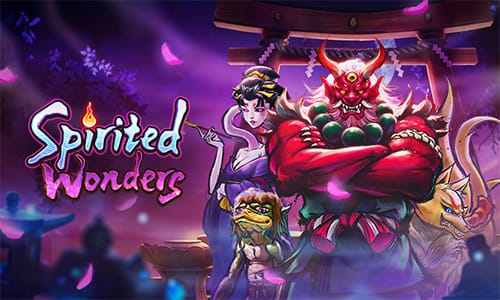“That’s totally the guy!” Sloane Crosley yelps, coming to an abrupt halt. She gestures at a gray-haired man exiting a graffiti-adorned brick building.
For the past 20 minutes, we’ve been booking it through Manhattan’s Chinatown, past bustling produce stands and purse vendors, to find this former synagogue tucked away on a quiet stretch of Rivington Street—a source of inspiration for the author as she wrote her novel, Cult Classic, coming June 7. On our way here, Crosley, who speaks like she walks, a mile a minute, explained that it wasn’t just the old temple that captured her attention, but also its culturally rich, if rapidly gentrifying, neighborhood. “There’s something hidden about it,” she says. “There’s still so many lives and cultures going on on the Lower East Side and in Chinatown at once, it seems like fertile ground for a secret.”
Secrets are everything in Cult Classic, which centers on the surreal yet relatable adventures of Lola, a 38-year-old woman whose private apprehension about spending the rest of her life with her fiancé escalates as she finds herself running into a string of her ex-boyfriends, all in the same five-block radius downtown. Someone, it seems, is invested in Lola’s love life—and they’re using mysterious methods to force a reckoning.
For Crosley, as for Lola, there are no coincidences—and this man, now standing outside the old synagogue, is the proof. Maybe there’s still magic left in the swiftly changing streets of lower Manhattan. Maybe our three wrong turns were actually part of a larger plan, having nothing to do with our mutual bad sense of direction and refusal to use Google Maps. It’s all led us to this moment, an opportunity to meet the owner of the building, whom Crosley emailed while she was writing to ask if she could see its interior, a request he politely but firmly denied. Within seconds, we’re bounding over a pile of garbage bags to the other side of the street, where Crosley introduces herself to the man, charming him enough that he not only agrees to read her novel, but also hints that if he likes it, she might finally get that tour.
In the digital age, the past is always just a Google search away. In New York, where running into an ex is a rite of passage, it can lurk around every corner. For Lola, a romantic with a cynical shell, the past functions as a comfort, a pleasure, and at times, a thrill; she hoards relics of her former relationships in a shoebox, cherishing memories as she avoids facing her fear of commitment in the present.
A New Yorker for 22 years, Crosley is no stranger to encountering her past. When we stop for lunch at Lucien, a longtime haunt of downtown denizens, we’re seated at a table where a photo of an ex-flame of hers with the writer Fran Lebowitz smiles down on our tartare. An attraction to nostalgia runs through Crosley’s body of work. After nearly a decade as a book publicist, she became a household name as an author thanks to humorous first-person essays: her first collection, the 2008 best seller I Was Told There’d Be Cake, mined her coming-of-age and misadventures in NYC.
Read More: 27 New Books You Need to Read This Summer
But for all of Crosley’s writing about her experiences, she prefers to keep her romantic life private. She rarely writes about dating in her personal pieces, and while we discuss past boyfriends and dates, she only obliquely references her current partner. Which is why when she began working on Cult Classic, her second work of fiction, following her 2015 novel The Clasp, she saw an opportunity to freely tackle a subject she’d been avoiding for years. “I was sort of overdue to use a wealth of experience in this way,” she says, then deadpans, “I just didn’t want to use it for non-fiction, because I’m not a snitch.”
While Cult Classic is a meditation on love, albeit one that is filtered through fantasy and satire, it offers a refreshingly realistic, nonprecious attitude toward modern romance. Like many women, Lola is disenchanted with men as an institution, and her cynicism trickles down into her relationships. Elsewhere, characters are more fearful of settling than they are of being alone; one pessimistically defines marriage as “agreeing to live in someone else’s narrative,” while another quips that romance “may be the world’s oldest cult.”
The novel is far less concerned with Lola’s happy ending than it is with her coming to terms with her hang-ups about love, commitment, and vulnerability. As a heroine, Lola is both fearless and fearful; armed with a sharp wit, she’s more than a little bit skeptical, very opinionated, and slightly messy. It was important to Crosley that Lola have the space to be unapologetically flawed while learning from her past. “I don’t think I have the capacity to write a straight romance novel,” she says. “I’m probably not a romantic at my core, but it’s worse than that: I’m a writer.”
Correction, May 26

The original version of this story misstated the age of the character Lola; she is 38, not 37.